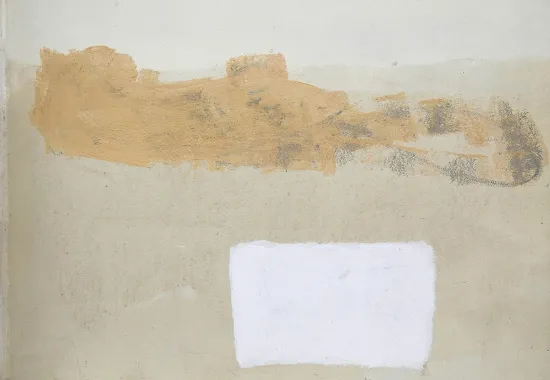"Materiality in Poetry"
Elizabeth Bishop said she wrote poems not because she felt a special affinity with words but because she had a feeling of there being things in her head—objects in her mind—she wanted to write down. One can see how Bishop’s poems are not so much grounded in the real as rather illuminated and borne aloft by their weird conjunctions with things we might touch—maps, animals, a lost watch. This focus on objects makes her poems melancholy; the materiality of the poem is the place where it pulls away from what it could directly give us. In Bishop’s great sestina of loss we’ve lost the watch twice, once in the telling, twice in the being told. The poem moves away from us in precise words that make us long to touch just that watch. But if we found the lost watch what could be done with it but write a poem and thereby lose it again. When I first read Bishop’s sestina I had just finished a degree in philosophy and was meeting for the first time a boy—who would marry me a few months later—in a café. I was an hour late but he had waited with the book, used, hardback. Now that café, in our hometown, has been torn down, and the boy and I are divorced. But the sestina is still there pulling at the wristband of its watch. Materiality makes the marriage, between the word and the image that the right words will almost reach and almost tender. Materiality is the sacrifice—what you have to wait for—in the center of the poem.
Claire Millikin is the author of two books of poems, Museum of Snow (Grayson, 2013) and of the forthcoming Motels Where We Lived (Unicorn, 2014); a third, as yet unnamed, collection is forthcoming from 2Leaf Press. Claire's work, "Kerosene," was featured in issue 297.1. and "In the Kitchen" was featured in issue 294.2.
Recommended
Mercy
Eclipsing
Psychic Numbing





